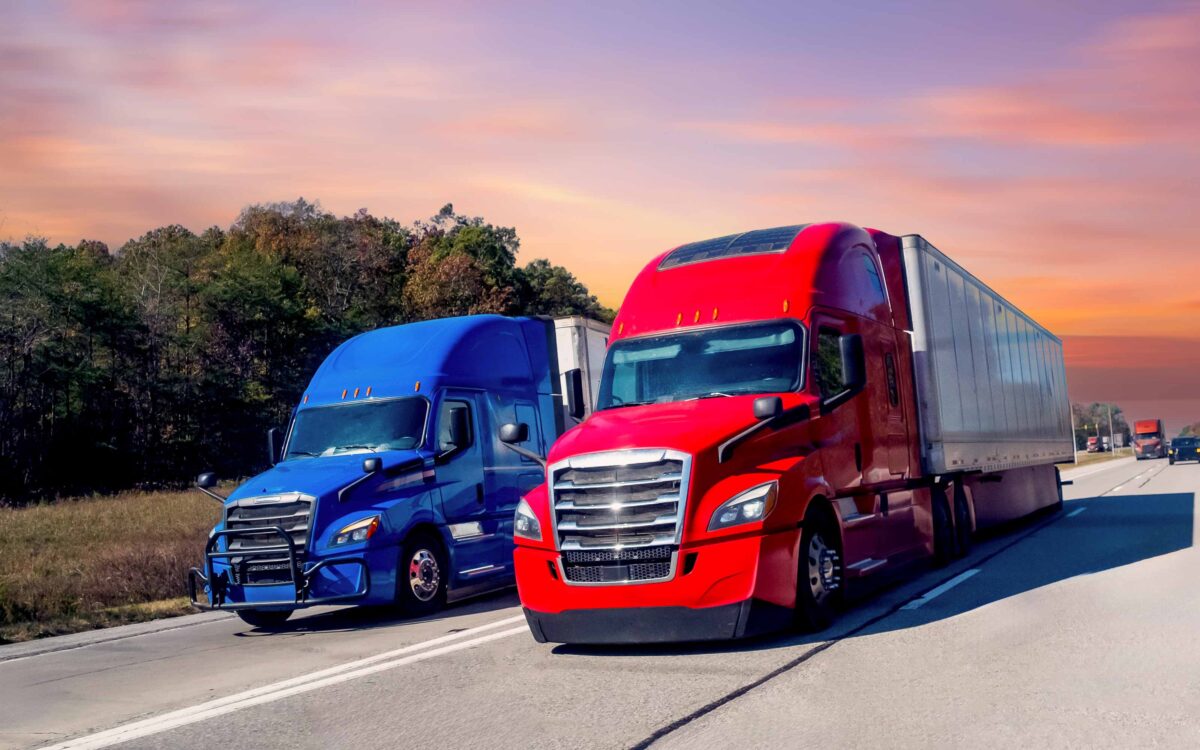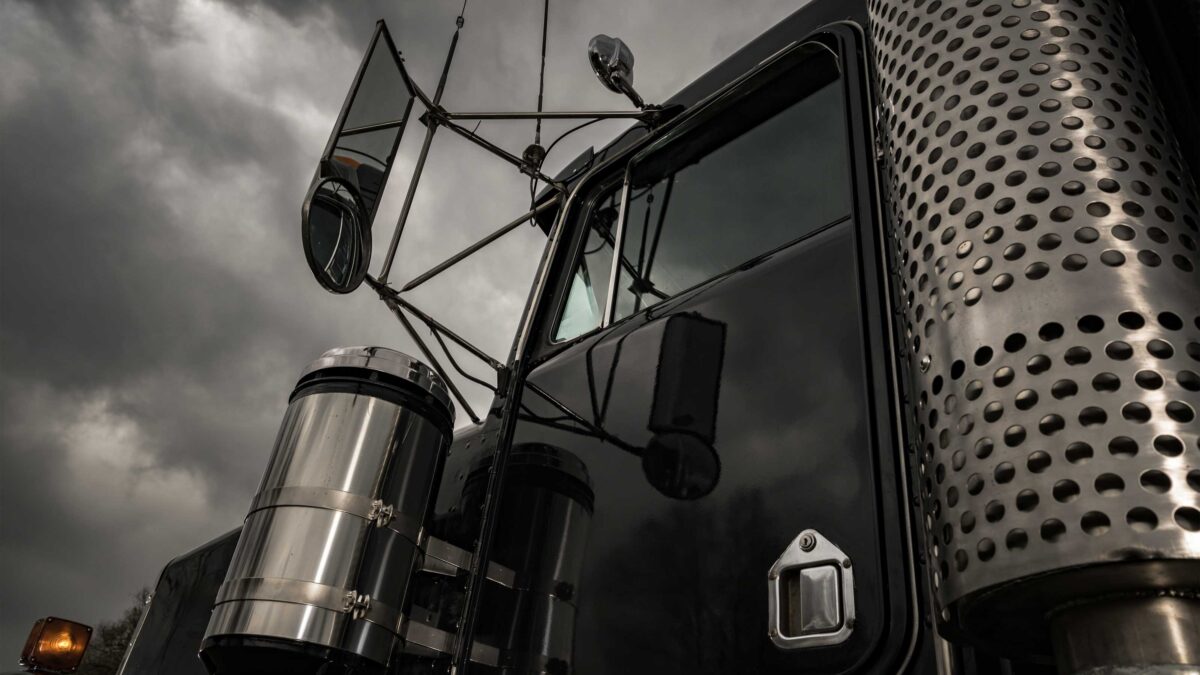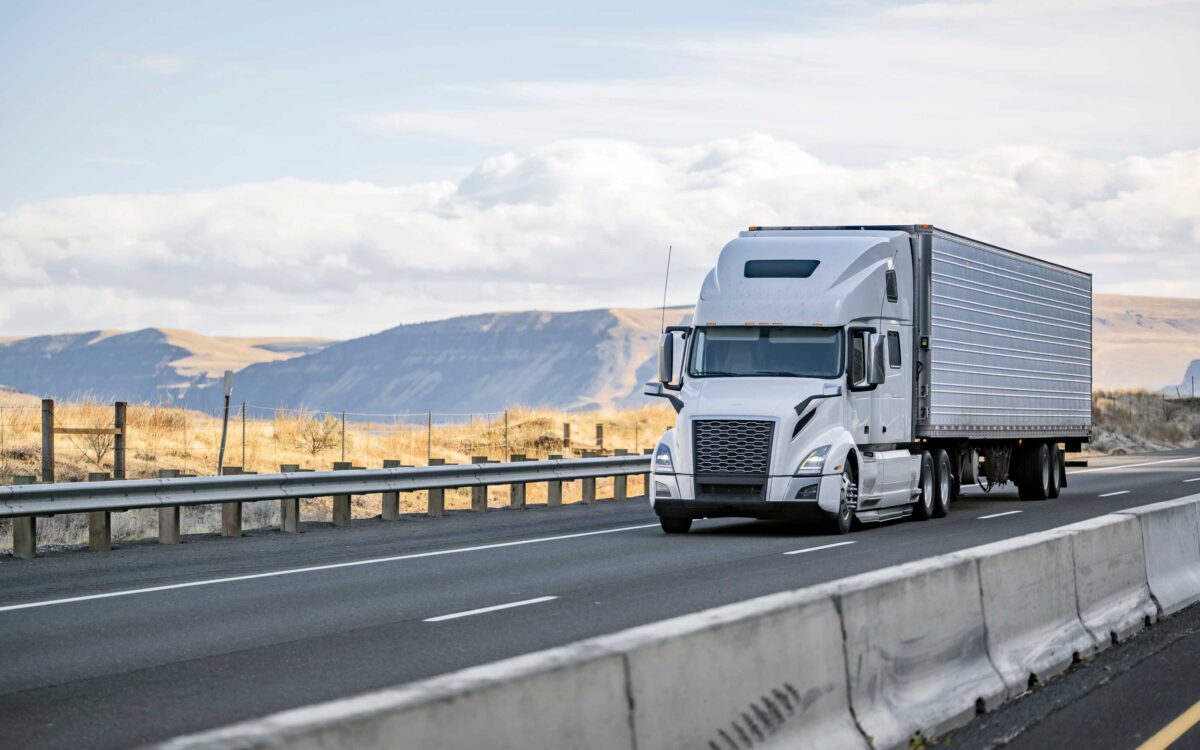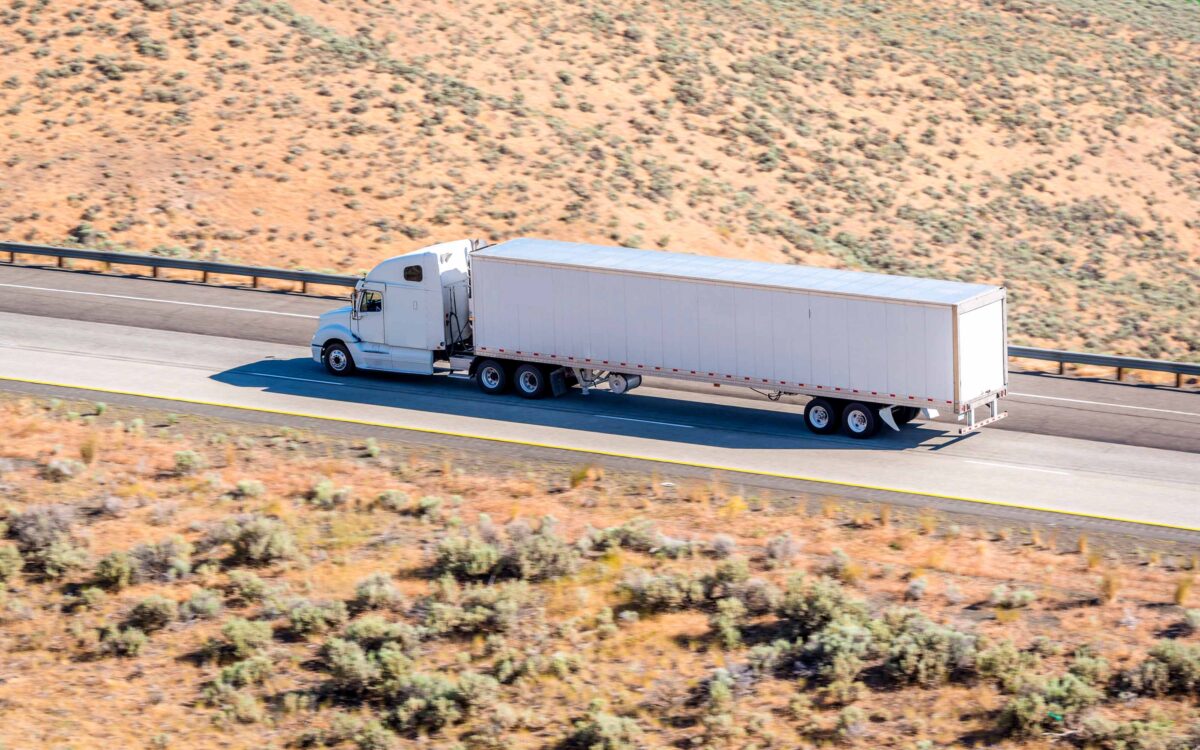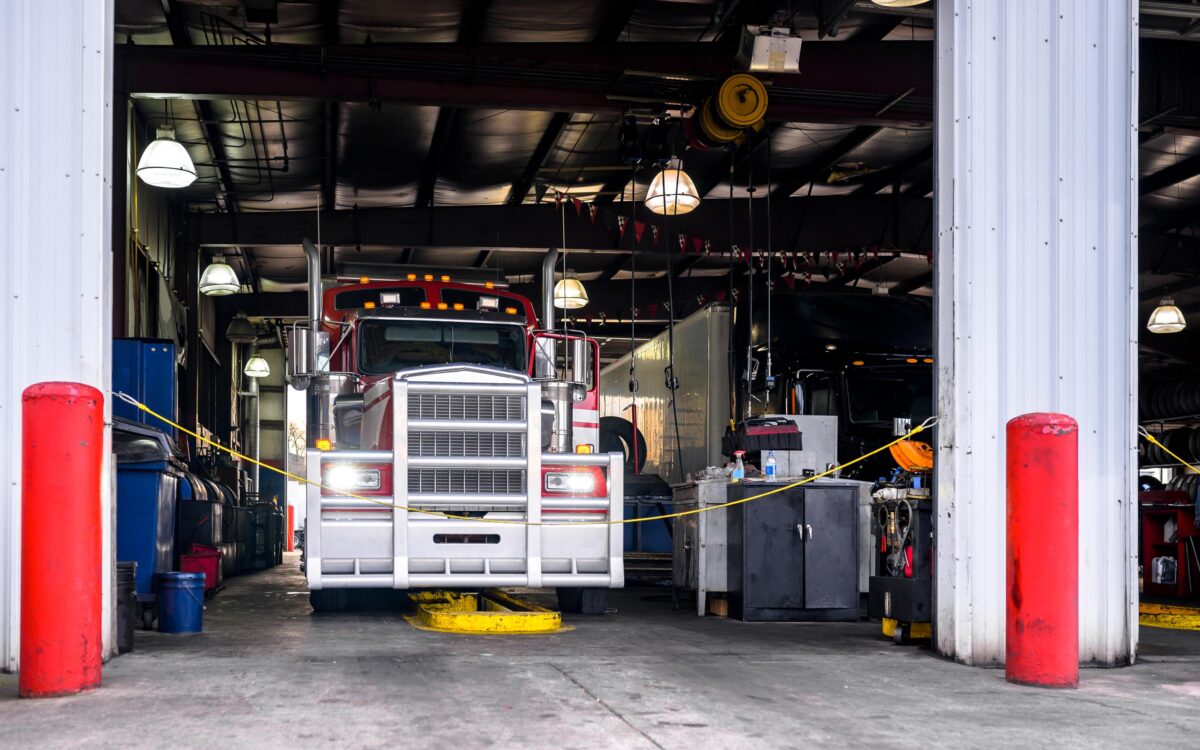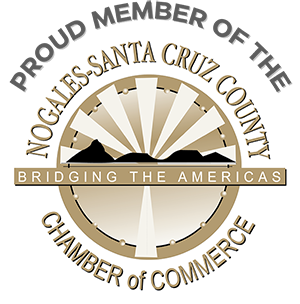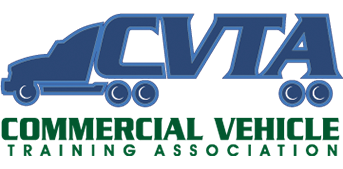Earning your Commercial Driver’s License (CDL) is a major step toward a stable and rewarding career. Many adults in Tucson want to start their CDL journey but worry about managing training alongside work and family responsibilities. The good news: with the right program, support system, and mindset, you can succeed in all three.
At HDS Truck Driving Institute, students receive the flexibility and guidance needed to balance CDL training with everyday life without sacrificing income, family time, or long-term goals.
Why Is Balancing CDL Training and Family Life a Challenge?
CDL training requires focus, consistency, and hands-on practice. For adults juggling parenting, full-time work, or caregiving, adding school can feel overwhelming.
Common challenges include:
- Limited free time
- Conflicting work schedules
- Family responsibilities
- Energy and time management
But with proper planning and communication, CDL training can fit into your life rather than take over it. The key is setting expectations early and choosing a program designed for busy adults, like the one offered at HDS Truck Driving Institute.
How Does HDS Truck Driving Institute Support Working Students?
HDS Truck Driving Institute in Tucson understands the real-world responsibilities adult students face. The school offers:
- Accelerated programs: Earn your CDL in as little as four weeks, helping you transition to earning faster.
- Flexible scheduling: Weekday and weekend training options may be available depending on program structure.
- Hands-on learning: Training is focused on real-world skills, not unnecessary downtime.
- Career placement assistance: The school helps graduates connect with local, regional, and national carriers.
Because HDS instructors are experienced CDL professionals, they know what it takes to succeed while balancing life’s demands.
What Are the Best Time-Management Tips for CDL Students?
Students in Tucson have found great success using the following strategies:
1. Create a Weekly Routine
Block off training hours like work shifts. Keep your study sessions consistent.
2. Communicate Early
Let your spouse, family members, or employer know your training schedule so they can support you.
3. Use Downtime Wisely
Review study materials during lunch breaks, commutes, or quiet moments at home.
4. Stay Organized
Use a planner or phone calendar to track permit tests, skills practice, and class hours.
5. Prioritize Health
Good sleep, hydration, and meals improve focus and reduce stress, making training more effective.
How Can Tucson CDL Students Gain Family Support During Training?
Family support can make a huge difference during CDL school. Strong communication helps everyone feel involved and prepared.
Ways to build support:
- Explain your “why”, how a CDL improves long-term income, stability, and opportunity.
- Share progress, celebrate milestones like passing the permit test or completing road training.
- Discuss the short-term sacrifice and the long-term rewards it will bring.
HDS also fosters a supportive environment where students connect, share experiences, and build a community that helps them stay motivated.
What Are the Long-Term Benefits of Finishing CDL Training?
Once you complete CDL training at HDS, the benefits begin almost immediately:
- Strong job stability
- Competitive pay
- Opportunities for bonuses and benefits
- Local, regional, and national route choices
- Advancement through endorsements
- Job placement assistance
Most graduates begin earning within weeks, making the short-term effort well worth the long-term career growth.
Ready to start your CDL journey?
Contact HDS Truck Driving Institute in Tucson today to speak with an admissions advisor, explore schedules, and choose a program that fits your life and goals.
Frequently Asked Questions
How long does CDL training take in Tucson?
Training at HDS Truck Driving Institute can be completed in as little as four weeks, depending on scheduling and endorsements.
Can I work while attending CDL school?
Yes. Many students work part-time or adjust their schedules while training.
Does HDS Truck Driving Institute offer financial assistance?
Yes. HDS provides guidance on financing options, tuition reimbursement, and employer-sponsored training opportunities.
How can I prepare my family before starting CDL training?
Discuss your schedule early, explain your goals, and outline household responsibilities during your training period.
Will I receive job placement support after graduation?
Absolutely. HDS partners with reputable carriers to connect graduates with regional and national driving jobs.




